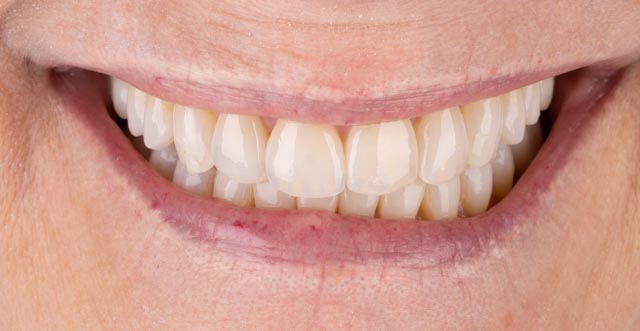Contact Houston Dental Implants & Prosthodontics | Memorial City
- 713-464-6335
-
Memorial Hermann Memorial City
Medical Plaza 3
915 Gessner Road, STE. 515
Houston, Texas 77024 - markstankewitz515@gmail.com

A confident smile can change everything, and at Houston Dental Implants and Prosthodontics, we specialize in creating stunning transformations with porcelain veneers. If you’re looking to enhance your smile by correcting chipped, stained, or misaligned teeth, porcelain veneers are the ideal solution. Crafted to perfection, these thin, durable shells are designed to blend seamlessly with your natural teeth, giving you a radiant, flawless smile.
Porcelain veneers are one of the most versatile cosmetic dental treatments available. They can address a wide range of dental imperfections, including:
Our prosthodontic expertise ensures that your veneers not only look beautiful but also function naturally.
At Houston Dental Implants and Prosthodontics, Dr. Mark L. Stankewitz combines artistry and advanced technology to design veneers that perfectly complement your facial features and smile goals. As Houston’s leading prosthodontist, Dr. Stankewitz offers unparalleled precision and personalized care for every patient. All cases are planned and finalized under the direct guidance of Dr. Stankewitz, who is both a board-certified prosthodontist and a certified dental technician with decades of laboratory experience in ceramics.
Porcelain veneers are an excellent option for many patients, but they work best if you:
During your consultation, we’ll help you determine if veneers align with your goals and provide alternative options if needed.
Ready to achieve the smile of your dreams? Contact Houston Dental Implants and Prosthodontics today to schedule your personalized consultation. We’re dedicated to helping you smile confidently with custom porcelain veneers designed just for you.
📞 Call Us: 713-464-6335
Transform your smile and boost your confidence with Houston’s trusted provider for porcelain veneers!
